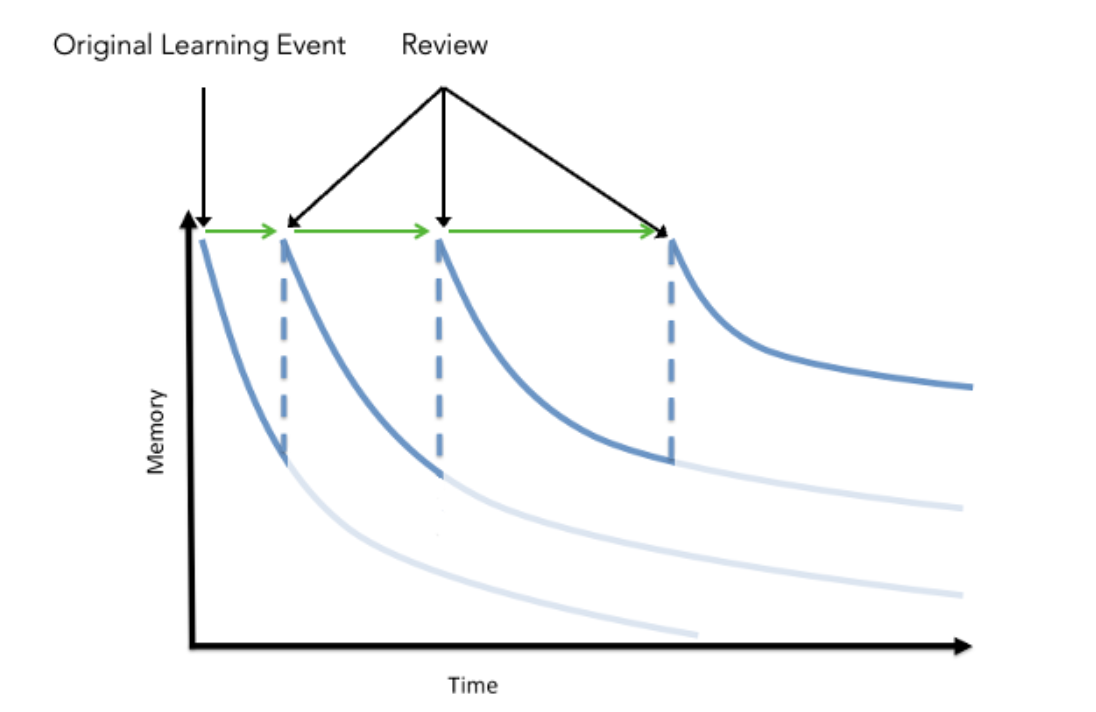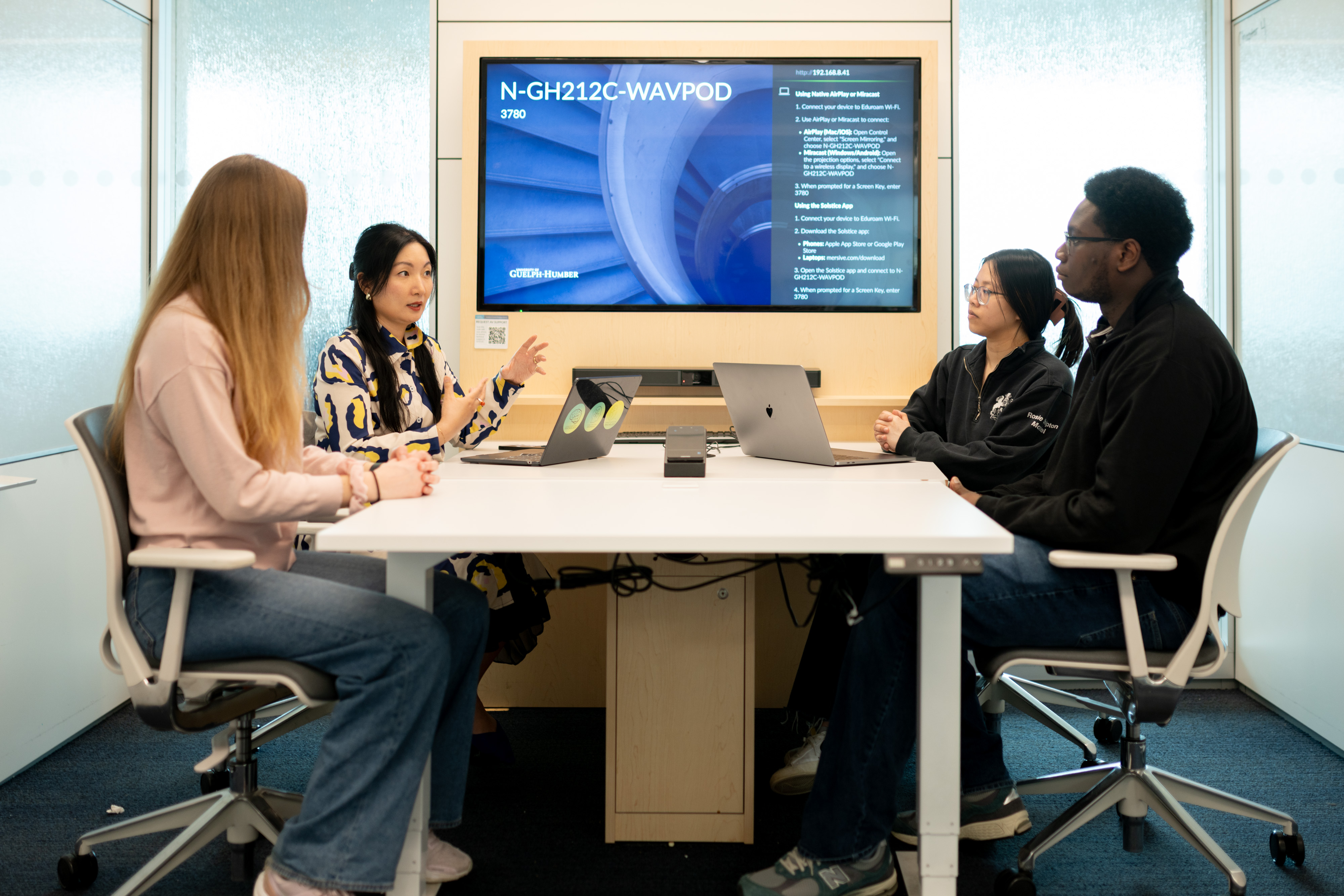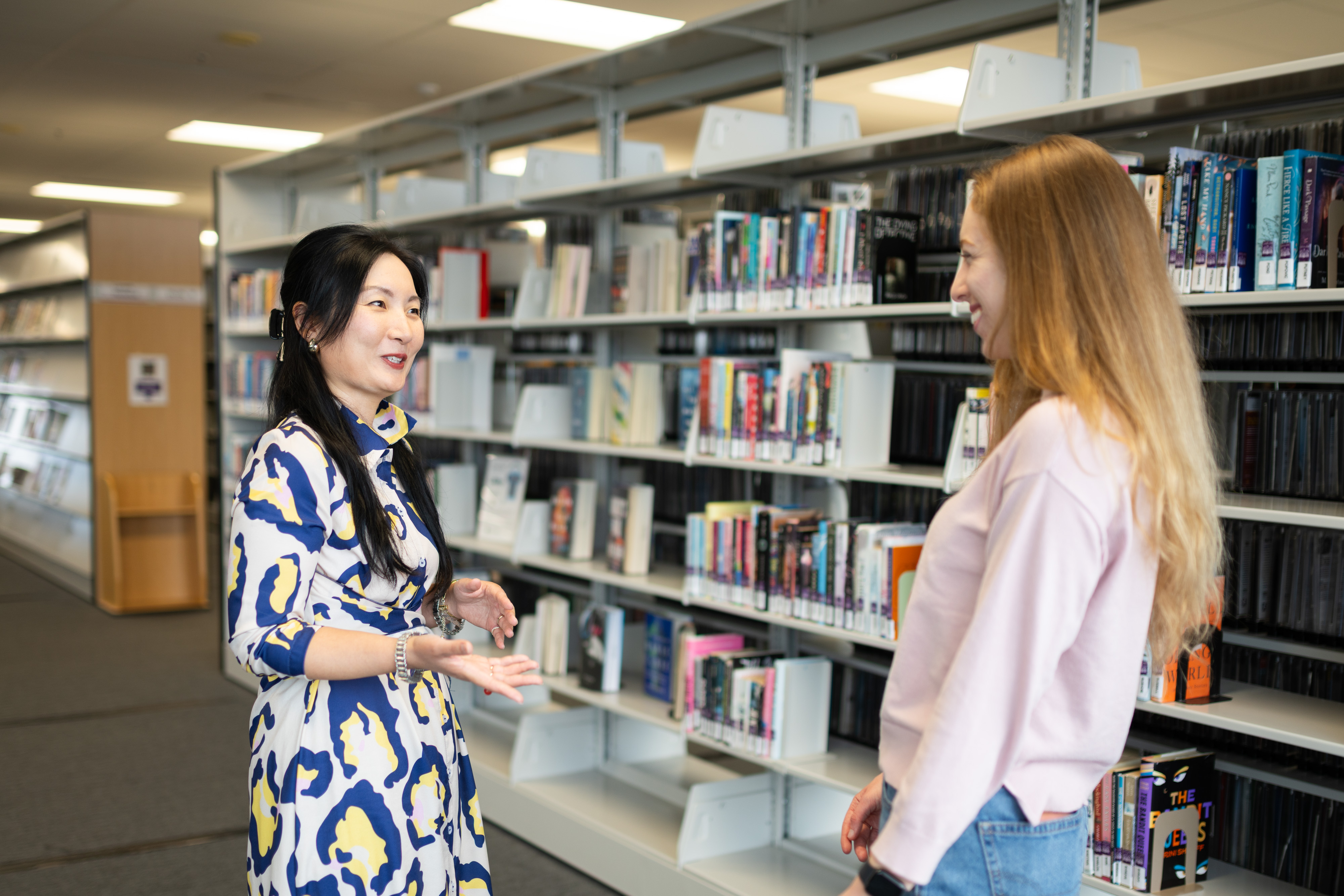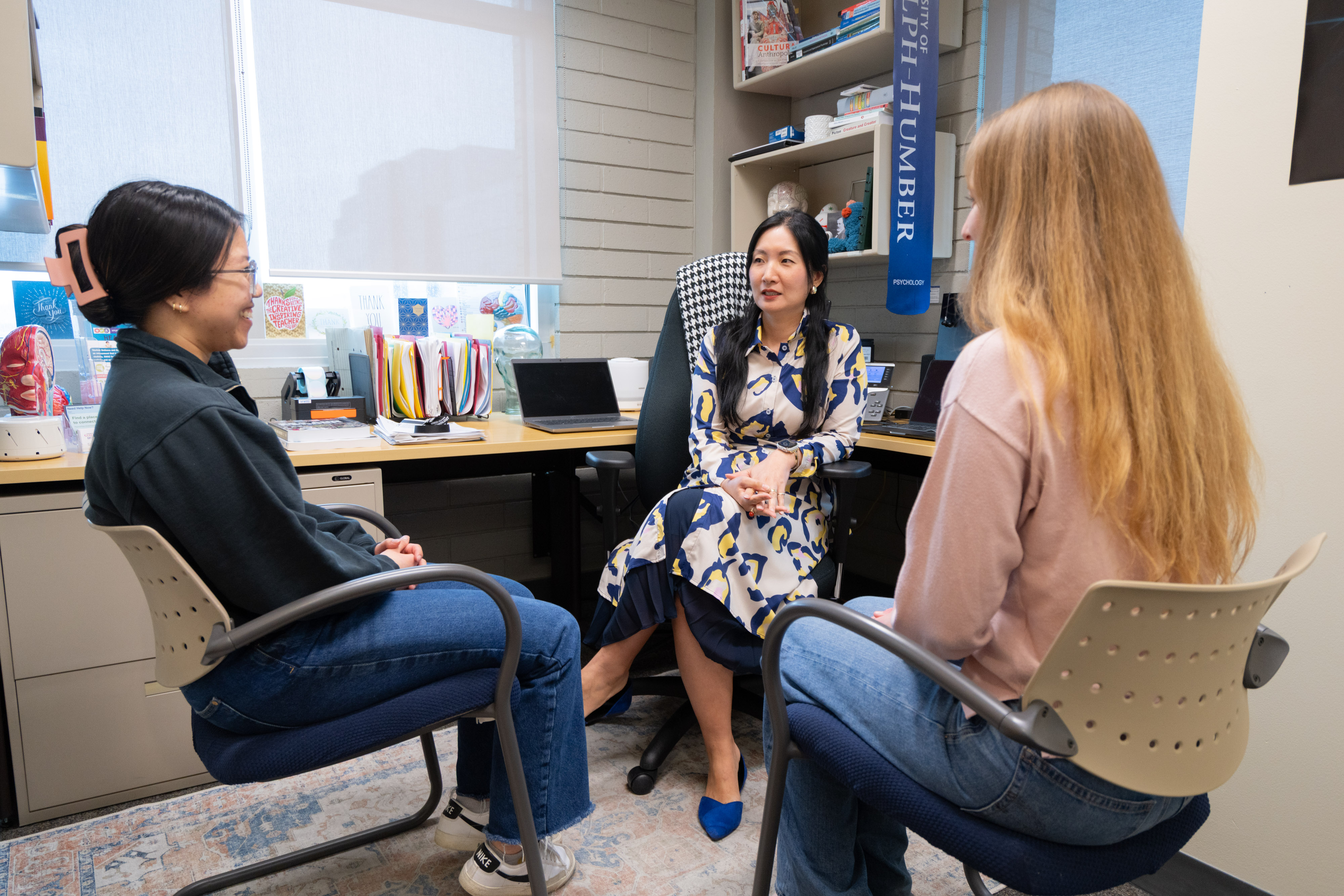Guelph-Humber Psychology Chair Dr. Alice Kim explains these proven study strategies

Studying involves more than just cracking open a textbook or having a late-night cramming session the day before an exam. There’s science behind studying effectively and retaining information long-term.
As exam season approaches, University of Guelph-Humber (U of GH) Psychology Chair Dr. Alice Kim shared five proven study tips informed by psychology and explained why they’re useful.
Here’s what students should know before hitting the books:
1. Building blocks of understanding
First, you must know the basics; walk before you run. Having a strong foundation of information helps the mind better absorb and comprehend more of it, Dr. Kim said.
“When we learn to read and write, for example, first we need to know the letters of the alphabet, the sounds they make, and then we move on to actually putting the letters together to sound out words,” she explained.
With information being interrelated, it’s useful to link new information to what you already know to optimally understand and recall information to allow students to see the “bigger picture.”
2. Forget cramming – try spacing
Studying for 12 hours two days before your exam may lead to short-term gains, but in the long run, it’s natural to forget what you’ve studied for. Dr. Kim said that this is because the rate of forgetting is exponential. She recommended spacing out studying, even if it’s shorter bursts; this means reviewing your notes over multiple study sessions – known as the distributed practice.
“We want to break up our study sessions. Cramming for one hour is not going to be as effective as studying for 15 minutes on four different occasions because re-encoding leads to a more robust memory trace,” Dr. Kim explained.

The more often information is reviewed, the rate of forgetting over time lessens over a longer period. This idea was informed by the work of the late German psychologist Hermann Ebbinghaus on the forgetting curve.
But don’t just take Ebbinghaus’ word for it. Dr. Kim shared that when she was in high school, a visit to her dentist lead to her changing her study habits. While getting her teeth examined, her dentist claimed that she “didn’t study,” rather, she reviewed her notes frequently, which resulted in her always acing her tests with top marks. When Dr. Kim learned of this technique and put it into practice, her good grades became excellent grades. This is the benefit in action of distributed practice.
“I always get least two or three students at the end of the year saying, ‘I did this, and it worked!’” she said, highly recommending this technique.

3. Self-testing beats self-guessing
“Our judgment of when we are learning well and when we are not learning well is actually quite poor,” Dr. Kim said.
When studying, it’s human nature to want to feel comfortable, so people tend to review information they already know well, rather than focusing on unfamiliar topics that may evoke feelings of uneasiness, confusion, or stress.
This means that when studying, Dr. Kim advised that the best thing to do is identify any material you don’t understand as well. Test yourself. See if you could summarize the content and explain it, versus merely regurgitating the information.
A metaphor she said she loves is thinking about information as food that our mind digests. This means by properly studying the accurate information, our mind integrates all its nutrients, fuelling greater memory of the knowledge, rather than simply regurgitating it.
4. Strengthen memory through recall
When studying, make sure that what you’re putting to memory is accurate. You want to forge strong mental pathways, but exercise caution that the pathways are not being made up of incorrect information.
“The act of retrieving information from memory is what's going to help you create a stronger memory. But if you're retrieving, and consequently re-encoding, the wrong information, this is useless, and checking [that you’re recalling the correct information] is very important,” Dr. Kim warns.
Going back to test your comprehension of the information is key. This technique also works in tandem with distributed practice, Dr. Kim said.
“Distributed practice is the only strategy that talks about how to make use of the most valuable commodity, which is time. And it's not about studying more, it's about studying smarter,” she explained. “Distributed practice is about how to organize the time you spend studying. It will enhance your memory and your academic performance… And it is even better when distributed practice and retrieval practice are used together. During your spaced-out study sessions, you should practice retrieving information from memory.”

5. Link it to lock it in
Finally, Dr. Kim recommends organizing information or making connections in a way that makes deciphering and remembering knowledge easier.
This strategy includes using mnemonics, which are tools to assist memory. Examples of this technique include making acronyms to remember lists or groups of items, or even making a song/rhyme to recall information – it all depends on what works for an individual based on their lived experiences, she said.
Furthermore, encoding information verbally and visually, also referred to as “dual coding,” will help you remember the material you’re studying. Dr. Kim said that when information is encoded in both these ways, as opposed to in just one of these ways, information can be retrieved from two difference memory sources. In cases where information is presented only verbally, without a visual, students can create or imagine a corresponding visual to help them remember. This strengthens your memory because it allows you to draw from two sources (verbal and visual).
Good luck with your exams, U of GH students!
These tips are based off of Dr. Kim’s “From Theory to Practice: Applying Cognitive Research to Elevate Teaching and Learning” presentation that she delivered at the International Cognitive Development Seminar Series, and she also regularly shares these study pointers with students.


